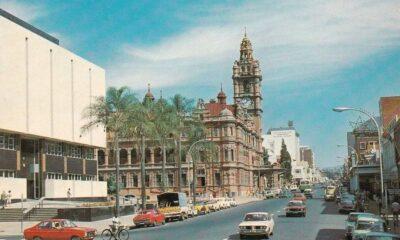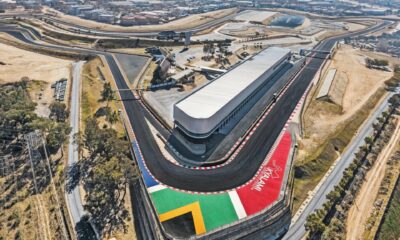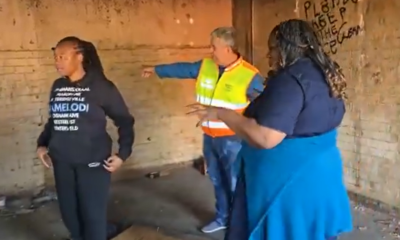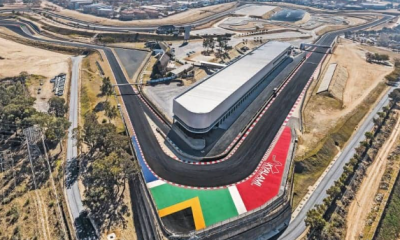Business
The R2 Billion Grand Prix: Why Formula 1 Could Be South Africa’s Next Big Leap
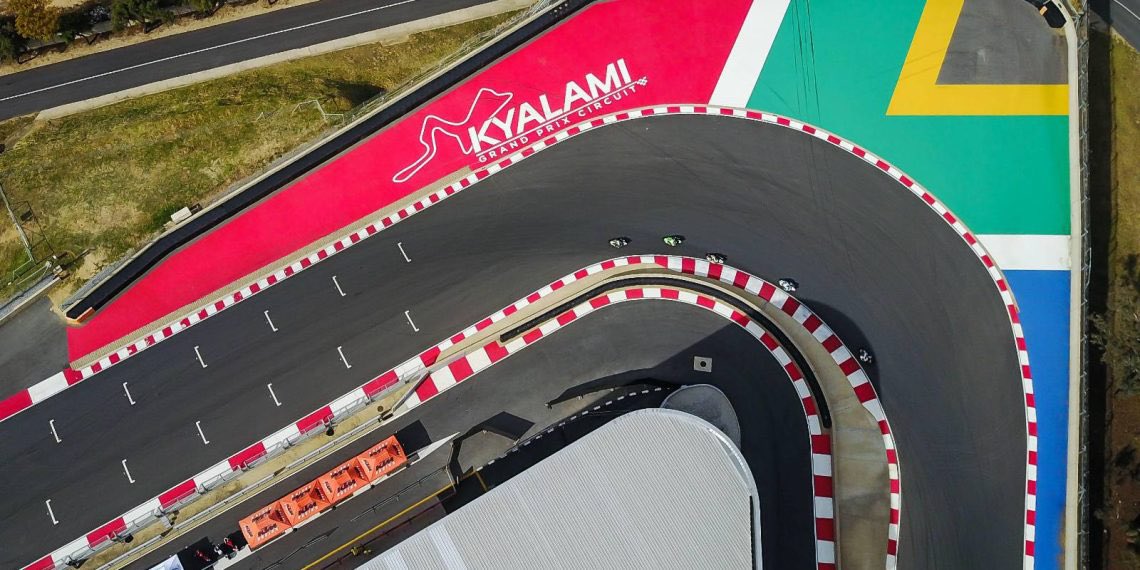
Critics see a bill. Visionaries see a billion-rand opportunity.
When the idea of bringing Formula 1 back to South Africa surfaced with an eye-watering price tag of R2 billion, the backlash was swift. Social media lit up with concerns about wasteful expenditure. Parliament raised eyebrows. Economists cautioned restraint. But let’s pause the outrage for just a moment and ask: what if this isn’t wasteful spending? What if it’s the smartest economic gamble we’ve made in years?
South Africa has done this before and it paid off.
Remember the 2010 World Cup?
There was skepticism then, too. Critics asked how stadiums could help the poor, or whether those billions would be better spent elsewhere. But the FIFA World Cup™ turned out to be one of the most significant economic catalysts in our post-apartheid history.
Tourism spiked. Infrastructure got a long-overdue facelift. Investor confidence surged. And most importantly, it put South Africa on the global stage, not as a country in recovery, but as a capable, competent, and charismatic host.
That’s the same kind of energy Formula 1 could bring back.
Kyalami’s Comeback: More Than a Race Track
To host a Formula 1 Grand Prix, Kyalami will need upgrades pit facilities, safety features, media capabilities to meet Grade 1 standards. The price tag? About R2 billion. It’s not pocket change, but it’s also not a sunk cost.
In fact, cities that host F1 races often see annual returns between R1.8 billion and R7.2 billion, according to PwC and Oxford Economics. That’s from tourism, sponsorships, media rights, and local spending. In Singapore, the race now injects the equivalent of over R2 billion into its economy every year.
If we apply even conservative multipliers to South Africa’s context, we could be looking at a national ripple effect worth three to five times the initial spend. And the jobs? Estimated at over 20,000 across sectors.
Where Do the Jobs Come From?
They’re not just at the track.
Yes, you’ll need marshals, safety crews, and hospitality teams. But the real magic happens outside the circuit. Roadworks. Construction. Transport logistics. Catering. Event tech. Tourism services. Content creators. Engineering. Broadcast crews.
Even more exciting: this kind of event drives skill development. Imagine a student in Tembisa learning motorsport engineering, or a Soweto catering co-op landing a global contract after proving themselves at an international race.
You don’t just fill seats in a stadium. You create a pipeline for opportunity.
Global Eyes, Local Gains
Here’s what critics often miss: mega-events don’t just pump money into the economy; they tell a story. A country that hosts Formula 1 sends a clear message, we are open for business, innovation, and investment.
That message matters.
In an era where investors choose between Johannesburg and Jakarta, Lagos and Lisbon, global visibility is leverage. Hosting Formula 1 gives South Africa a spotlight most countries pay dearly to access. Every race broadcast is a tourism ad. Every media mention is brand exposure. And every visitor becomes a word-of-mouth ambassador.
What If We Don’t?
Here’s the harder truth: doing nothing is a decision too.
South Africa’s youth unemployment rate is over 45%. Our economy needs structural shifts, not small fixes. We need catalytic investments that pull in capital, build capabilities, and create momentum. Formula 1 might not be a silver bullet, but it is a proven accelerator.
The question isn’t whether we can afford to host the Grand Prix. The real question is whether we can afford not to.
The Finish Line Isn’t the End, It’s the Beginning
Montreal did it. Singapore did it. Austin did it. Each one faced early criticism, only to watch their motorsport economies flourish. These cities now enjoy sustained returns from what was once seen as a high-risk move.
If we do this right, Kyalami 2027 won’t just be about a race. It’ll be about a shift, in perception, in opportunity, in belief.
So let’s look beyond the price tag. Let’s see what’s possible when we back ambition with action. Because the future of South Africa isn’t waiting. It’s accelerating toward us, fast.
And we’d be wise to get in the driver’s seat.
{Source: IOL}
Follow Joburg ETC on Facebook, Twitter , TikTok and Instagram
For more News in Johannesburg, visit joburgetc.com

